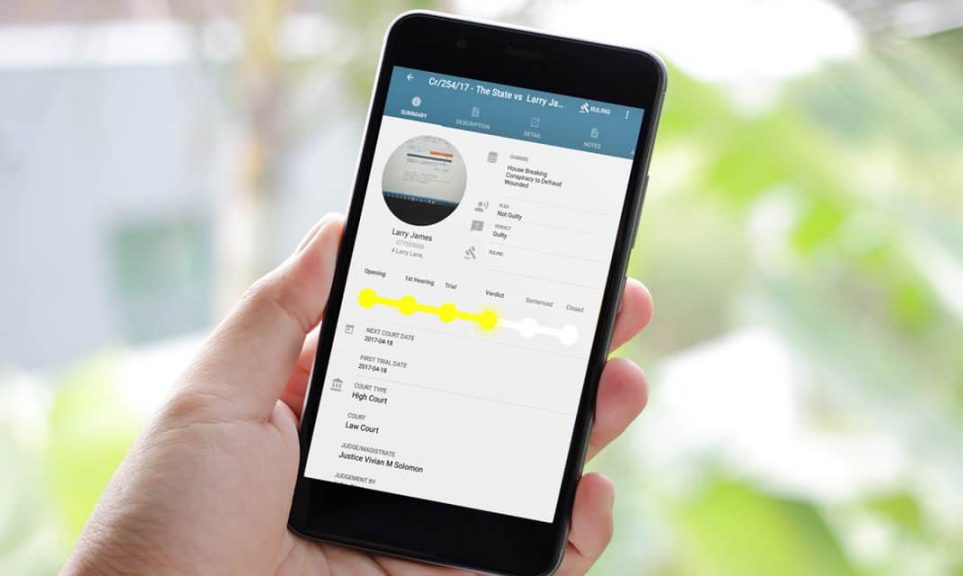One of the most significant shortcomings in the delivery of justice is the delay that is encountered by court users which increases the cost of litigation in both time and money, and results in prolonged criminal trials and overcrowded prisons.
The lack of a reliable central case recording system in the judiciary of Sierra Leone means that cases are in effect impossible to trace without considerable resources, effort and a lot of luck. This has also resulted in a number of systemic problems plaguing the judiciary and criminal justice system of the country, chief among them being the following
-
Court orders or judgments often take too long to be decided, and are often drawn incorrectly
-
There is an absence of proper administrative support for the judiciary
-
There is a lack of proper and consistent continuity in case management in the judiciary
-
Communication and coordination between courts, court staff and judges is often very poor

iDT Labs was contracted by UNDP Sierra Leone to develop a mobile-based Case Management System (CMS) for the Sierra Leone judiciary.
Our proposed architecture framework for the digitised CMS comprised of an Amazon S3 database hosted in the cloud, along with the following interfaces accessible from behind an API gateway:
-
A document conversion service for converting physical documents into electronic records on the system
-
An ElasticSearch service for running search queries on the data in the case management system
-
A web interface for carrying out administrative tasks on the cloud storage
-
A mobile interface accessed via an Android application.
These interfaces and services would allow for the seamless integration of different workflows that the judiciary requires from the CMS, such as accessing information from historical records, checking status of current bail applications, updating case records to reflect changing status of individual cases and calendaring.


